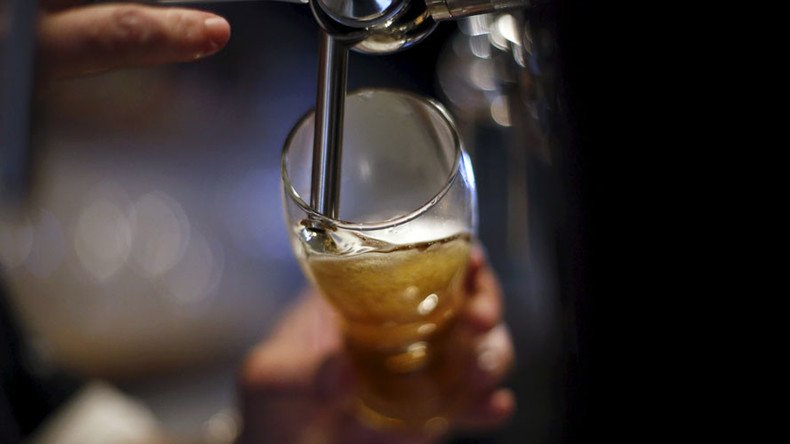‘Sewer to Brewer’: Genius Belgians turn urine into beer using solar power

While Jesus allegedly turned water into wine, science is behind a solar powered machine to turn urine into beer, potentially a momentous piece of progress.
It should be no surprise that the breakthrough has been announced by a Belgian research team at the University of Ghent.
The miracle machine consists of a solar-powered boiler and a membrane which turns urine into drinking water and fertilizer - from there, recycled water is used to make beer.
READ MORE: Belgian brewery builds 3km-long pipeline, investors get lifetime beer supply
Given the tank used to treat the urine requires no electricity, the system could be rolled out across the globe at minimal cost. Developing countries prone to drought stand to benefit the most.
A recent #peeforscience project saw one such machine deployed for use by revellers at a music festival in Ghent. An impressive 1,000 liters of water was recycled from the urine collected. Still, would you take a swig of it?
READ MORE: Budweiser renamed ‘America’ for the summer
Separating potassium, nitrogen and phosphorus is key to successful transformation, we’re told. It’s planned to install more of these machines at soccer stadia, shopping malls and airports as the project is rolled out.
But for now the focus is beer, with urine recovered from Ghent’s music festival used to make a few cold ones. "We call it from sewer to brewer," said Sebastiaan Derese, a researcher on the team at the University.












